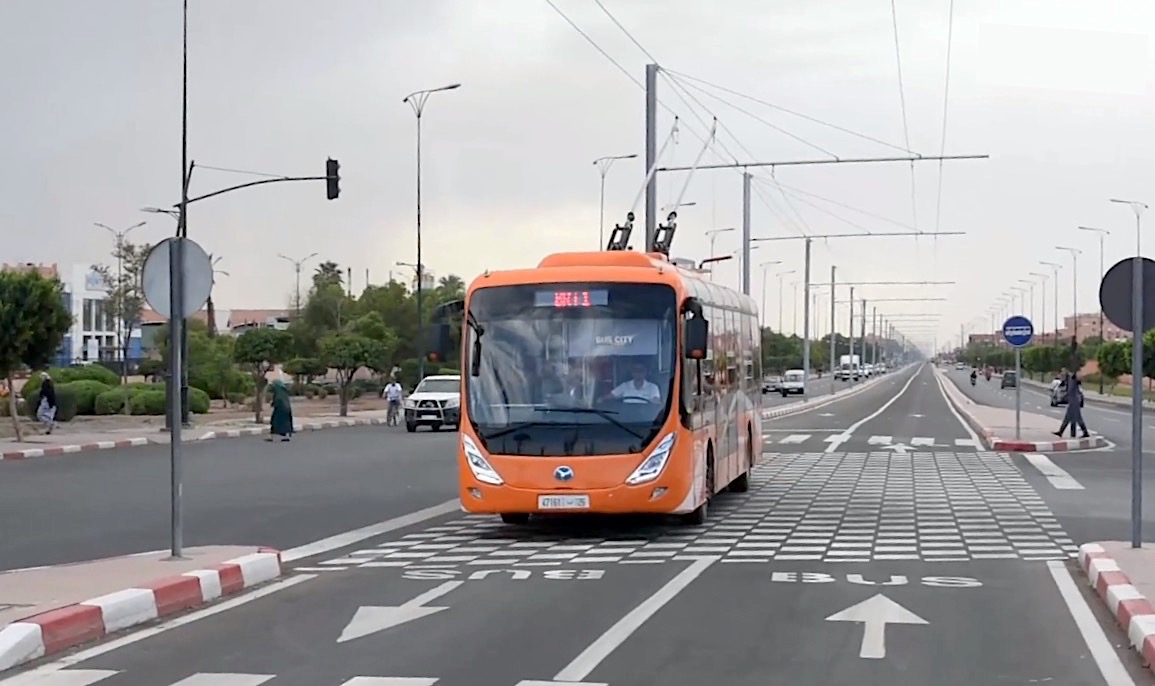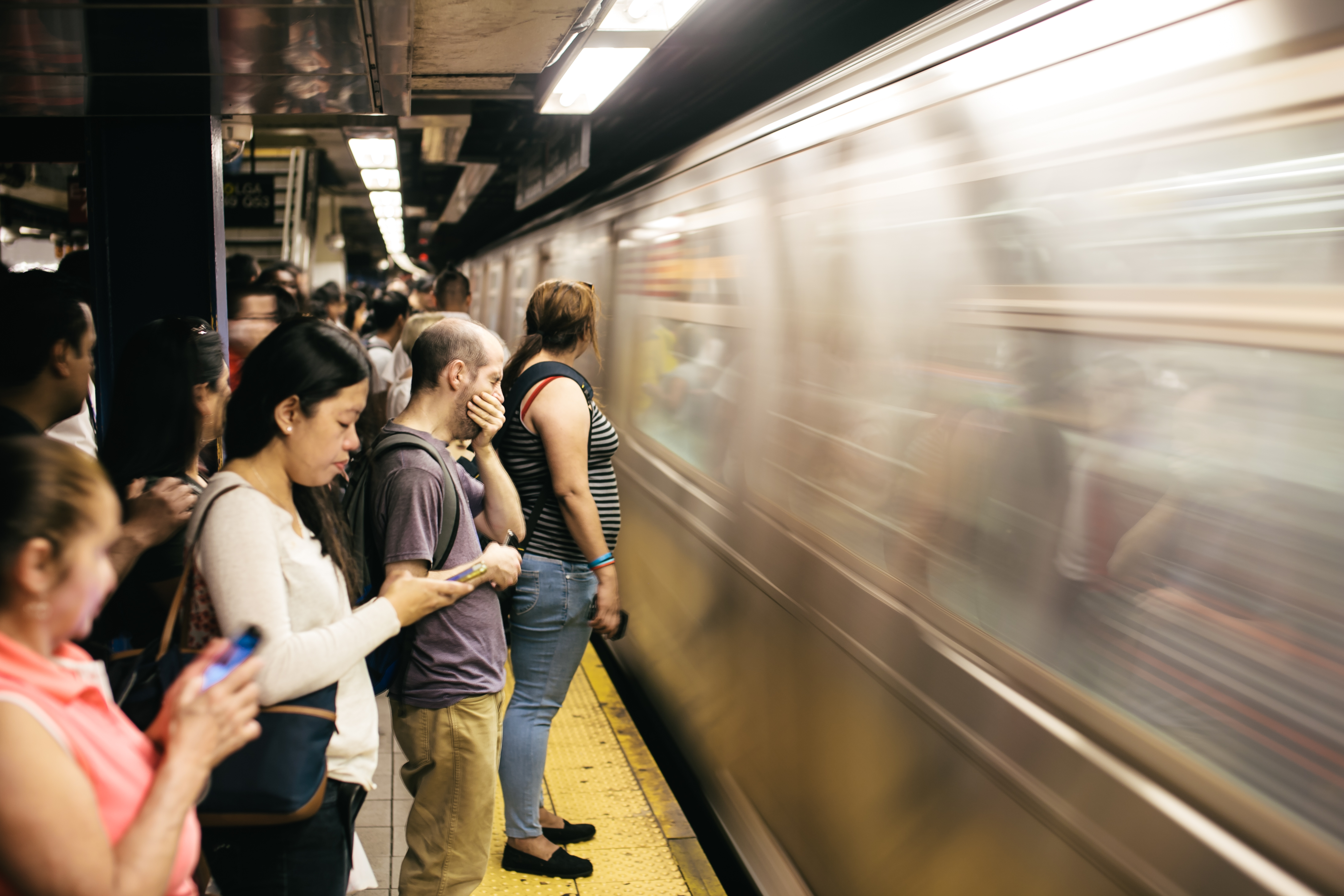|
Trolleybuses In Mérida
The Mérida trolleybus system was an electrified bus rapid transit system that served Mérida, Venezuela, and surrounding communities from 2007 to 2016. Its only line, which was operated by dual-mode trolleybuses, was considered to be "Line 1" of a planned three-route "Mass Transport System" (Sistema de Transporte Masivo), of which Line 2 was also to be trolleybus and Line 3 an aerial cableway. Line 3 was originally planned as a funicular, but was changed to a cableway in 2005.Morrison, AllenThe Trolleybuses of Mérida, Venezuela. Retrieved 2017-06-05. Construction of line 3, the cableway (now named ''Trolcable''), was about 50 percent complete as of May 2011, and the cableway opened for service on 14 December 2012.''Trolleybus Magazine'' (UK) No. 308 (March–April 2013), p. 54. UK: National Trolleybus Association. . Construction of Line 2 never started. The operator of the system was originally named Trolmérida, but in August 2009 its name was changed to Tromerca, for Tro ... [...More Info...] [...Related Items...] OR: [Wikipedia] [Google] [Baidu] |
Mérida, Mérida
Mérida, officially known as ''Santiago de los Caballeros de Mérida'', is the capital of the municipality of Libertador and the state of Mérida, and is one of the main cities of the Venezuelan Andes. It was founded in 1558 by Captain Juan Rodríguez Suárez, forming part of Nueva Granada, but later became part of the Captaincy General of Venezuela and played an active role in the War of Independence. The capital city's population is 204,879 inhabitants, and the metropolitan area, that includes the municipality of Libertador, reaches 345,489 people (Census 2001). The city accounts for 28% of the total population of Mérida State, which has more than 750,000 inhabitants (Census 2001). It is home to the University of Los Andes and the Archdiocese of Mérida. It also has the highest and longest cable car in the world. It is the largest student and tourist center of western Venezuela. The mass transit system ( Trolebús Mérida) is available as a means of tourist transport. ... [...More Info...] [...Related Items...] OR: [Wikipedia] [Google] [Baidu] |
Rapid Transit
Rapid transit or mass rapid transit (MRT), also known as heavy rail or metro, is a type of high-capacity public transport generally found in urban areas. A rapid transit system that primarily or traditionally runs below the surface may be called a subway, tube, or underground. Unlike buses or trams, rapid transit systems are railways (usually electric railway, electric) that operate on an exclusive right-of-way (transportation), right-of-way, which cannot be accessed by pedestrians or other vehicles, and which is often grade-separated in tunnels or on elevated railways. Modern services on rapid transit systems are provided on designated lines between rapid transit station, stations typically using electric multiple units on rail tracks, although some systems use guided rubber tires, magnetic levitation (''maglev''), or monorail. The stations typically have high platforms, without steps inside the trains, requiring custom-made trains in order to minimize gaps between train a ... [...More Info...] [...Related Items...] OR: [Wikipedia] [Google] [Baidu] |
List Of Trolleybus Systems
This is a list of cities where trolleybuses operate, or operated in the past, as part of the public transport system. The original list has been divided to improve user-friendliness and to reduce article size. Separate lists—separate articles in Wikipedia—have been made for the following countries: *Americas **Brazil **Canada **United States *Europe (''Note:'' countries not listed here are included in ''this'' article; see ''Contents'' table below) **France **Germany **Italy **Russia **Spain ** Switzerland **Ukraine **United Kingdom This page also provides references that are applicable to all parts of the complete list. Bold typeface for a location city indicates an existing trolleybus system, currently in operation (temporary suspensions not counted), or a new system currently under construction. Africa Algeria Egypt Morocco South Africa Tunisia Americas Argentina Brazil Canada Chile Colombia Cuba *Note: Tests began 18 September 1949 alo ... [...More Info...] [...Related Items...] OR: [Wikipedia] [Google] [Baidu] |
Bus Simulator 16
''Bus Simulator 16'' is a bus simulator game developed by stillalive studios and published by Astragon Entertainment for Microsoft Windows and macOS. It is powered by Unity and was available on 3 March 2016 worldwide. It is the fourth game in the ''Bus Simulator'' series. A sequel titled '' Bus Simulator 18'' was released in 2018. Gameplay ''Bus Simulator 16'' has licensed the vehicles of MAN. In addition to the buses of the German bus maker, the game features a total of six buses that allow players to drive across five districts. The game also provides a route manager for players to create their own bus lines. A multiplayer mode is available in the game as well. Development and release ''Bus Simulator 16'' was announced July 2015. It is the first game in the series developed by Austrian video game developer stillalive Studios. The game was scheduled to release on 20 January 2016 for Microsoft Windows and macOS, but it was postponed to 3 March 2016 due to technical issues. A bu ... [...More Info...] [...Related Items...] OR: [Wikipedia] [Google] [Baidu] |
Lusaka
Lusaka (; ) is the Capital city, capital and largest city of Zambia. It is one of the fastest-developing cities in southern Africa. Lusaka is in the southern part of the central plateau at an elevation of about . , the city's population was about 3.3 million, while the urban population is estimated at 2.5 million in 2018. Lusaka is the centre of both commerce and government in Zambia and connects to the country's four main highways heading Great North Road, Zambia, north, Livingstone Road, south, Great East Road, east and Great West Road, Zambia, west. English is the official language of the city administration, while Bemba language, Bemba, Tonga language (Zambia and Zimbabwe), Tonga, Lenje, Soli language, Soli, Lozi language, Lozi and Nyanja are the commonly spoken street languages. The earliest evidence of settlement in the area dates to the 6th century AD, with the first known settlement in the 11th century. It was then home to the Lenje people, Lenje and Soli language, Soli ... [...More Info...] [...Related Items...] OR: [Wikipedia] [Google] [Baidu] |
Chama River (Venezuela)
The Río Chama (), is one of the main rivers of the state of Mérida in Venezuela. The headwaters of the Chama are the Mifafí high lands, in the Andes Range, near the town of Apartaderos. Its outlet is at Lake Maracaibo. From the headwaters to an elevation of about above sea level, the Chama runs as a steep mountain torrent. As it progresses through the valley, it quickly becomes contaminated with sewage from the many towns that lie along its path. The river continues its journey passing at the foot of the plateau where the city of Mérida sits. Near the town of Ejido, the Albarregas river joins the Chama, dumping all the pollutants from the city of Mérida and thus reaching its peak of contamination. From there, the river continues in steep descent, through a very rocky river bed. This allows the water to become oxygenated and naturally purified from its organic contaminants. At the town of Las Gonzalez, the Chama, while still contaminated, is often used by white water raf ... [...More Info...] [...Related Items...] OR: [Wikipedia] [Google] [Baidu] |
Ejido, Mérida
Ejido () is a town in the state of Mérida, Venezuela. It is the shire town of the Campo Elías Municipality. It was founded in 1650 in an area with indigenous ''Guayabas'', and became a center for cane sugar cultivation. It is close to the state capital, Mérida, Mérida Mérida, officially known as ''Santiago de los Caballeros de Mérida'', is the capital of the municipality of Libertador and the state of Mérida, and is one of the main cities of the Venezuelan Andes. It was founded in 1558 by Captain Juan R ..., and forms part of its metropolitan area, with a total population of around 350,000. It is connected to Mérida by public transport, including the Mérida trolleybus system. External links Cities in Mérida (state) Populated places established in 1650 1650 establishments in the Spanish Empire {{Venezuela-geo-stub ... [...More Info...] [...Related Items...] OR: [Wikipedia] [Google] [Baidu] |
Trolleybuses In Quito
The Quito trolleybus system is a bus rapid transit line located in Quito, Ecuador, which opened in 1995 and by 2002 was carrying approximately 220,000 passengers per day.Webb, Mary (ed.) (2003), ''Jane's Urban Transport Systems 2003-2004'', (UK): Jane's Information Group. . It is managed by an agency of the municipality known as Empresa Metropolitana de Servicios y Administración del Transporte (EMSAT) and is operated by Compañía Trolebús Quito, S.A. The service is named (informally) ''El Trole'', Spanish for "The Trolley", meaning trolleybus; this name is shown on signage at stops, and is used in publicity and marketing. Before being a subsystem of a larger bus rapid transit system of Quito known as MetrobusQ, ''El Trole'' was itself a whole system. Its formal name is Corredor Trole or; simply ''Trole'', currently. The route The trolleybus system is composed of a single 18.7-km line that runs, with a few exceptions, through the part of Ecuador Highway 35 (E 35) that is ... [...More Info...] [...Related Items...] OR: [Wikipedia] [Google] [Baidu] |
Free Public Transport
Free public transport, often called fare-free public transit or zero-fare public transport, refers to public transport funded in full by means other than by collecting fares from passengers. It may be funded by national, regional or local government through taxation, or by commercial sponsorship by businesses. Alternatively, the concept of "free-ness" may take other forms, such as no-fare access via a card which may or may not be paid for in its entirety by the user. On 29 February 2020, Luxembourg became the first country in the world to make all public transport in the country (buses, trams, and trains) free to use. On 1 October 2022, Malta became the second country in the world to make its public transport system free for all residents. Germany is considering making their public transit system fare-free in response to the EU's threatening to fine them for their air pollution levels. As some transit lines intended to operate with fares initially start service, they may elec ... [...More Info...] [...Related Items...] OR: [Wikipedia] [Google] [Baidu] |
Rush Hour
A rush hour (American English, British English) or peak hour (Australian English) is a part of the day during which traffic congestion on roads and crowding on public transport is at its highest. Normally, this happens twice every weekday: once in the morning and once in the afternoon or evening, the times during which the most people commute. The term is often used for a period of peak congestion that may last for more than one hour. The term is very broad, but often refers specifically to private automobile transportation traffic, even when there is a large volume of cars on a road but not many people, or if the volume is normal but there is some disruption of speed. By analogy to vehicular traffic, the term Internet rush hour has been used to describe periods of peak data network usage, resulting in delays and slower delivery of data packets. Definition The name is sometimes a misnomer, as the peak period often lasts more than one hour and the "rush" refers to the volume ... [...More Info...] [...Related Items...] OR: [Wikipedia] [Google] [Baidu] |
%2C_1899.gif)





